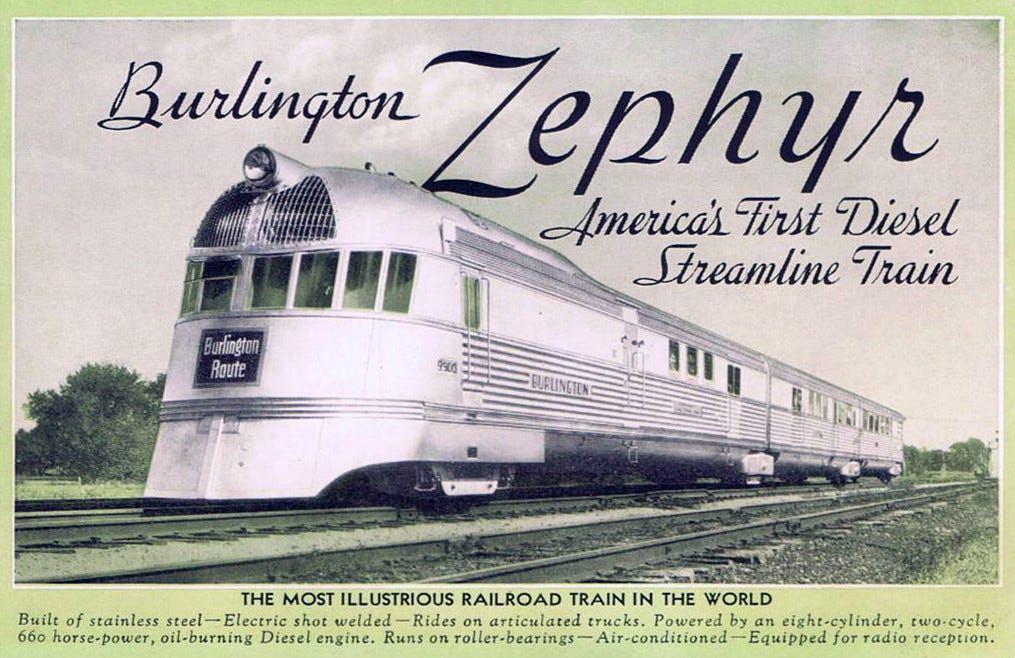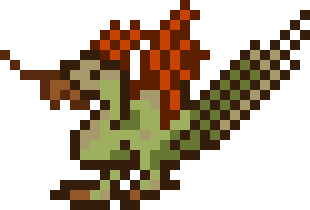Why Did Nobody Tell Me ‘Atlas Shrugged’ Was This Good
And the one major flaw that almost destroys its entire project 🚉

I have a friend and colleague who said that of all the books, the only one that his parents told him not to read was the novel Atlas Shrugged by Ayn Rand.
Nobody ever told me anything like that, because as far as I know, nobody outside (or with a strong connection to) the United States has ever heard of Ayn Rand. But spend enough time with Americans online, and sooner or later you will hear of her and her work, sometimes positively, more often not. She was unabashedly pro-capitalism, pro-economic liberalism, anti-redistribution, pro-”rational egoism.” Most people who have read Ayn Rand read her previous and most successful novel, The Fountainhead, when they were 15, found it amazing and convincing, and then matured and grew out of it. As a result, there is only a small nucleus of true Ayn Rand fans out there. But it is an active one, and many people — especially in this intellectual subculture we call Silicon Valley — have been influenced by her and her philosophy, Objectivism.
Atlas Shrugged is her magnum opus. It was published in 1957 with 1,168 pages in the first edition. I am generally hard to sell to when it comes to reading long books, and Atlas Shrugged seemed dense and ideological, so probably something I would never read. I’d be content with letting it sit in my cultural background, at most an indirect influence, like the Bible, the Critique of Pure Reason, and most of Shakespeare. And then I received a gift card for a second-hand bookstore, and I didn’t know what to use it for, and I found a copy of Atlas Shrugged for $6.90. I decided to give it a try.
It took me several months to go through it. It’s dense, and weird, and at some point there’s a 50-page monologue that by itself stole a month of my reading time. Atlas Shrugged is a flawed book in many ways. One of its flaws is in fact almost fatal to the entire project (I’ll come back to this). But also, what a book! It’s a totally one-of-a-kind literary experience. It’s epic. It’s grandiose. It’s depressing. It’s cartoonish and unrealistic and at the same time so incredibly real. I can’t say I’d recommend it to most people, and I certainly can’t say I’m fully on board with Objectivism, but for a certain kind of person, yeah, it’s definitely a must-read.
I would be insulting Ayn Rand’s memory if I offered this blog post for free. So in keeping with the theme of the book, most of this article (which also happens to contain mild spoilers) is for paid subscribers only.
Nobody ever told me to either read or not read Atlas Shrugged, and when I saw it mentioned it was only in meta discussion about its impact or philosophy or whatever. So I somehow managed to have no clue of what Atlas Shrugged was actually about before I started reading it.
It turns out that it is, primarily, about trains.




